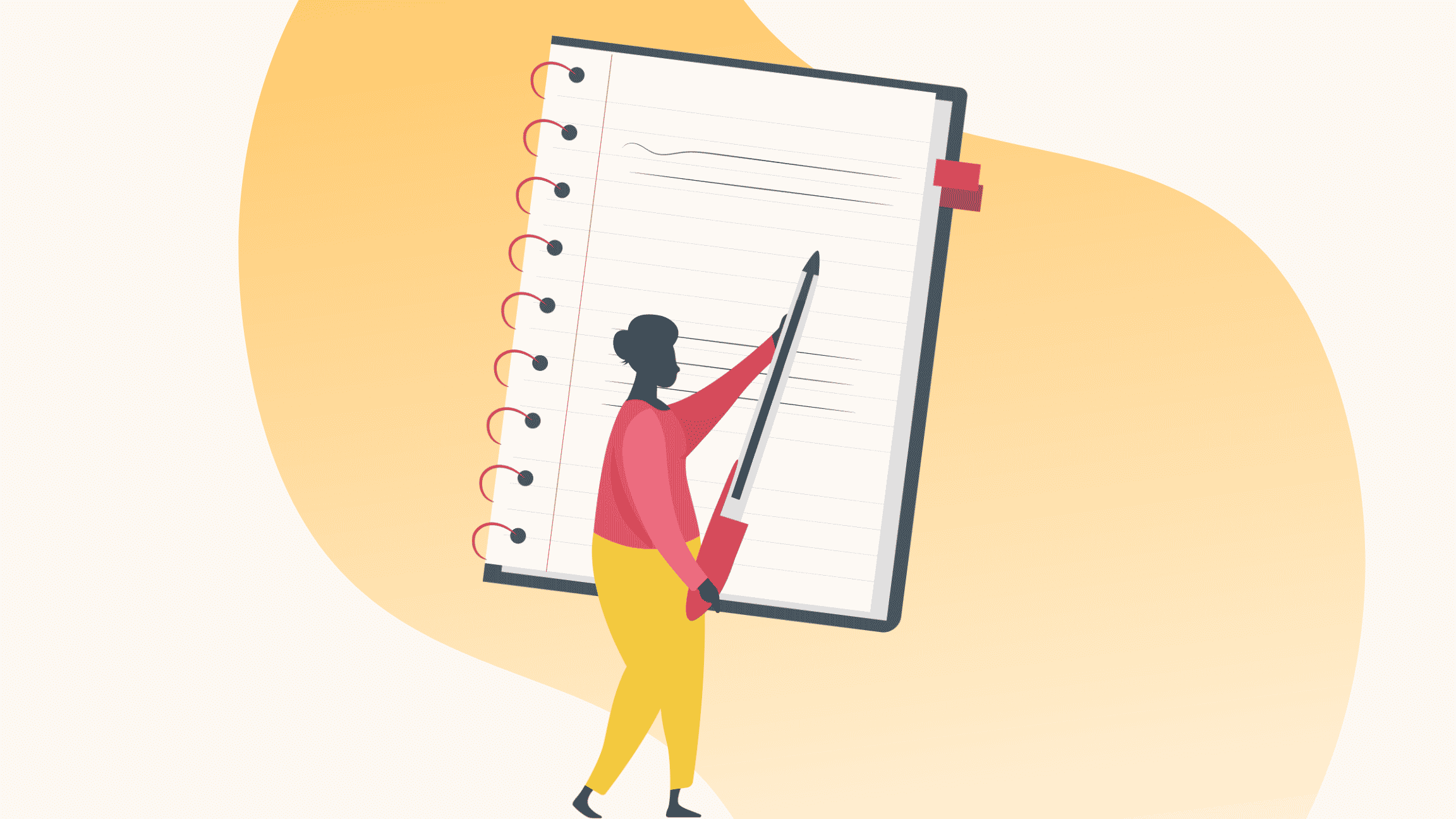Journaling has scientifically-proven benefits and has been used as a form of therapy in the USA since the 1970s. Studies show that journaling alleviates symptoms of depression and anxiety. According to research, writing makes it easier to process trauma – which has a positive effect on the immune system. In this article, you’ll learn more about the ways that writing can benefit your mental well-being and get to know popular journaling methods, such as bullet journaling, so you can get started right away.
How journaling affects your mental well-being
Did you have a diary as a kid? Then you’re probably already familiar with the principles of journaling. The difference is that with journaling, you’re not writing about your daily routines, you’re focusing on your inner journey. You can ask questions like: “How do I feel today?”, “What did I do well today?” or “What went badly today?”
“The key to success is total honesty,” says psychologist Ida Dommerholt. Because it’s only when you’re being honest with yourself, and not just trying to sound good, that you’ll be able to objectively recognise your feelings, insecurities, thoughts, behaviours and fears.
“When you write about events that triggered a particular set of emotions, you automatically take a step back and observe the situation from a distance,” explains Ida. Analysing these feelings has a positive effect on your general well-being. We’ve put together a list of some of the many benefits of journaling:
1. Reduces stress and anxiety
Journaling allows you to get your negative emotions off your chest. By confronting them, you get better at recognising the connection between your behavioural patterns and emotions. Journaling also has a cathartic effect. By addressing your strong feelings, you free yourself from their burden and this leaves more cognitive brain capacity for other things.
2. Improves your sleep
Journaling gives you the opportunity to write down your problems and to let go of everything that has built up over the course of the day. As part of your evening routine, journaling can be very freeing, putting a stop to any ruminating before you go to bed.
3. Increases your self-confidence
Journaling is about creating some order from the chaos of your emotions. By repeating it regularly, you’ll reinforce your identity. Your self-confidence will increase, and you’ll feel stronger.
4. Helps you identify your goals
Some journaling techniques, such as bullet journaling, place a great emphasis on the future and achieving your goals by living a structured life and practising mindfulness. Documenting your feelings will also make you aware of what matters to you in life and what is less important.
5. Trains your memory and IQ
Who would have thought that journaling also improves your memory and IQ? When you write down your feelings, your brain doesn’t have to process as many sensations and emotions, which means it’s better able to focus on other things – this improves your memory. Studies have also shown that there is a correlation between writing and intelligence. Your vocabulary and ability to express yourself may expand when you journal and this, in turn, has a positive effect on your IQ.





